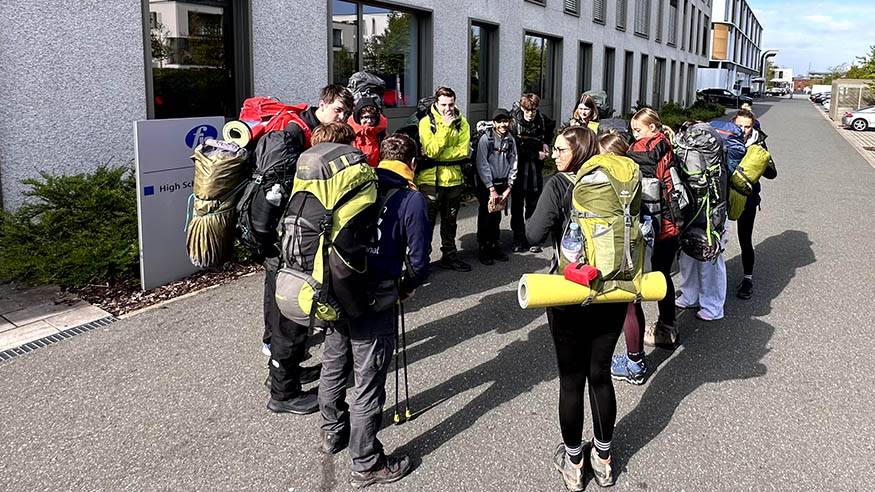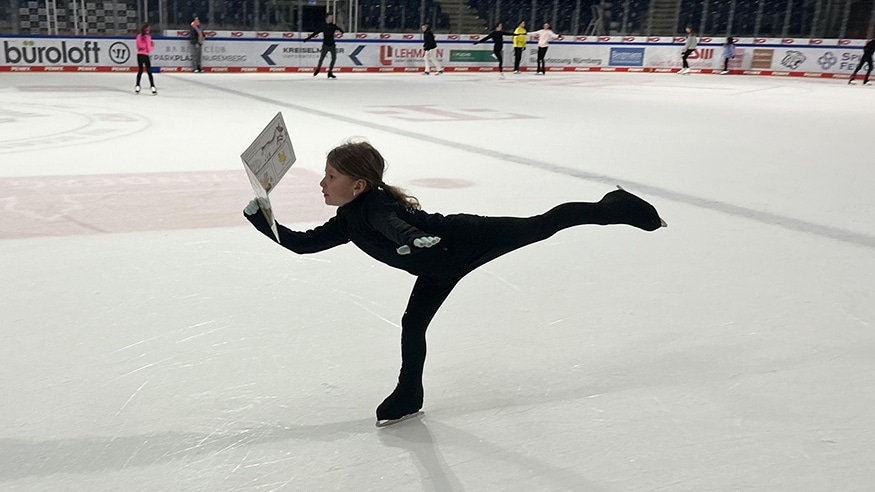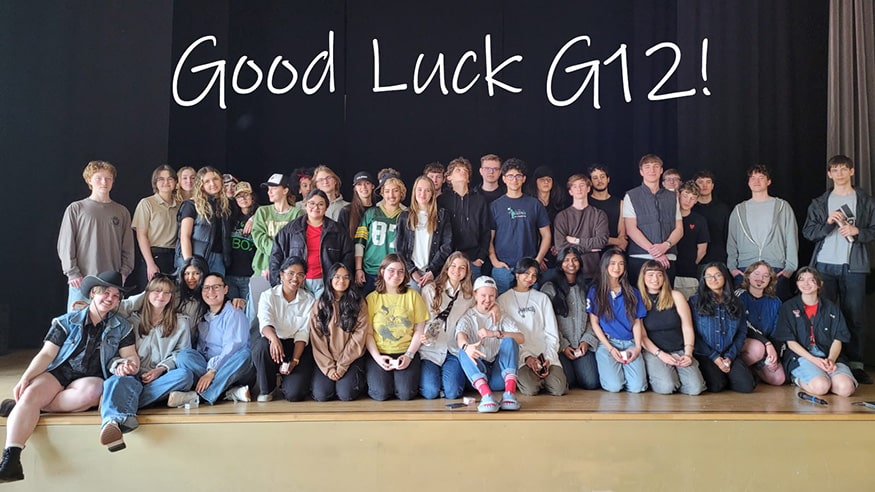It is a cliché to say that the world we live in is in a constant state of change and it is vital that we prepare ourselves to adapt to these changes. Nonetheless, this does not make it any less true. As we discussed last week, AI tools will become a new normal in our lives, and it is essential that we are equipped with the skills necessary to thrive in this new era.
We highlighted critical thinking last week, there is another set of skills that we believe are just as critical: “Soft Skills”. These skills include communication, teamwork, problem solving, and adaptability. It used to be that hard skills were valued more than soft skills in the workplace. But that has changed significantly over the last several years. According to Rohan Rajiv, Director of Product Management at LinkedIn, “Foundational soft skills have become even more important given the rise of remote and autonomous work, and are growing in importance across industries, levels and work environments. In fact, these soft skills were featured in 78% of jobs posted globally over the last three months” (Castrillon). According to Caroline Castrillon, “45% of all LinkedIn Premium jobs posted within the past three months mention the importance of communication skills. And more than 61% of professionals say soft skills in the workplace are just as important as hard skills”.
Considering the necessity of these skills, is the common term ‘soft’ for them misleading? The International Baccalaureate refers to such skills and attributes as Approaches to Learning (ATLs). ATLs are skills designed to enable students to “learn how to learn.” They are intended to apply across curriculum requirements and provide a common language for teachers and students to use when reflecting and building on the process of learning. IB World Schools are required to ensure there is an ATL planning chart for all years. However, broader implementation would see ATLs implicitly and explicitly embedded into day-to-day learning experiences, so that students have opportunities to practice and incrementally develop a range of ATL skills (Approaches to Learning). The ALT skills are:
- Communication Skills:
- How can you read, write, and use language to gather information? How can you exchange thoughts, messages, and information effectively through interaction?
- Social Skills:
- Collaboration Skills. How can you work with others effectively?
- Self-Management Skills:
- Organization Skills: How can you manage time and tasks effectively?
- Affective Skills: How can you manage your state of mind?
- Reflection Skills: How can you (re)consider the process of learning?
- Research Skills:
- Information Literacy Skills: How can you find, interpret, judge, and create information?
- Media Literacy Skills: How can you interact with media to use and create ideas and information?
- Thinking Skills:
- Critical Thinking Skills: How can you analyze and evaluate issues and ideas?
- Creative Thinking Skills: How can you generate novel ideas and consider new perspectives?
- Transfer Skills: How can you use skills and knowledge in multiple contexts?
The FIS is an IB World School, with well-established MYP and DP programmes. As you are no doubt aware, we will be implementing the PYP in our primary school over the coming year. Consequently, we will be an IB continuum school. At FIS, we place a strong emphasis on developing these skills through authentic learning experiences that involve building teams outside of familiar circles. This starts from the youngest grades. Play based learning such as the Star Entertainment Concert we enjoyed yesterday were a testament to this. Our students built groups, selected an activity together, and performed this activity as a group – a prime example of “hands-on” learning with the ATL skills very much to the fore. Our students learn how to work together as a team and apply principles of cooperation, motivating others to contribute, and working towards a common goal. Through this process, they learn how to make compromises and move forward in a productive and collaborative manner. This materializes in presentations such as the G9 presentation of Tourism Business Proposals we saw in the previous week. These skills are essential for success in the business world, where teamwork and communication are vital aspects.
In fact, as we continue to see rapid advancements in AI technology, ATLs will become even more important. Agile and innovative thinking will be key factors in managing the cooperation between human intelligence and artificial intelligence. At FIS, we encourage all of our students to embrace the importance of ATLs and work towards developing them to the best of their abilities. This is not something that happens by chance, it is very deliberate process: intended and planned by our curriculum teams throughout the school.
While we have ATLs at the FIS, perhaps the wider world will stop calling them “soft skills”. These skills are not an antonym to “hard skills”. They are now more than ever “essential skills”. As you look forward to the week ahead, I encourage you to take a moment to reflect on your child’s projects and how their education is helping them to grow as a team player, communicator, problem solver, and adaptable individual. These skills will continue to serve them well in all aspects of their life.
Sources:
Approaches to Learning. International Baccalaureate Organization, 2020. IBO, ibo.org/contentassets/901d3baf4a104aea8aaff44364b001e0/approaches-to-learning-claremont-en.pdf. Accessed 5 May 2023.
Castrillon, Caroline. “Why Soft Skills Are More In Demand than Ever.” Forbes, 18 Sept. 2022, . https://www.forbes.com/sites/carolinecastrillon/2022/09/18/why-soft-skills-are-more-in-demand-than-ever/?sh=5b41bb0c5c6f. Accessed 5 May 2023.






